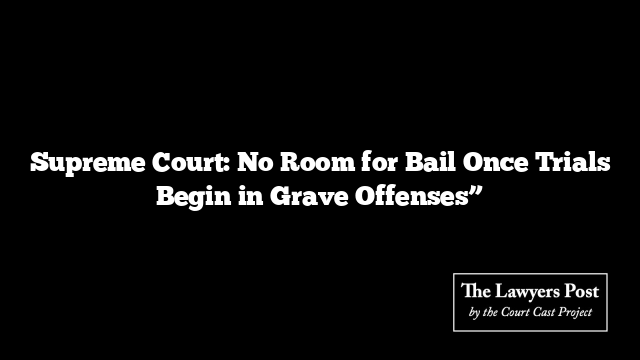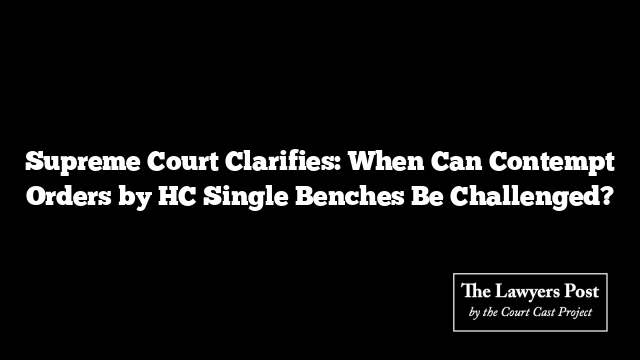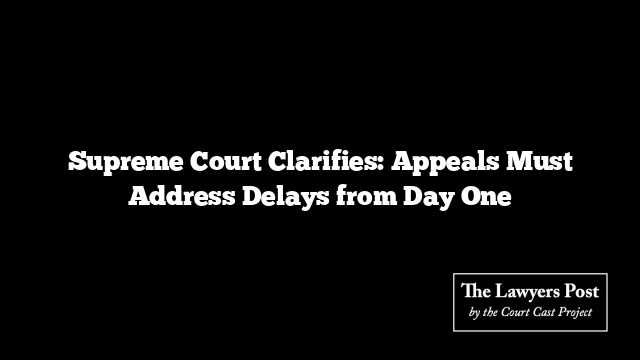The Supreme Court has emphasized a firm stance on bail in cases involving serious crimes such as murder, rape, and dacoity. A bench comprising Justices JB Pardiwala and R. Mahadevan observed that once trial proceedings commence and prosecution witnesses are being examined, courts should generally resist granting bail to the accused.
The bench underlined that bail could only be considered in exceptional circumstances, such as undue delays in the trial process not attributable to the accused, which could infringe on their right to a speedy trial.
This pronouncement came during the hearing of an appeal from a rape victim challenging a High Court’s decision to grant bail to the accused, citing inconsistencies in the victim’s FIR and a statement recorded under Section 164 of the CrPC. The Supreme Court expressed strong disapproval of such an approach, highlighting a problematic trend in the judicial handling of bail applications.
The Court noted that bail is often granted either immediately after charges are framed or post the victim’s deposition when minor discrepancies in testimony are scrutinized to question credibility. The bench firmly stated, “Once the trial begins, it should proceed to its logical conclusion—whether that results in conviction or acquittal. Granting bail based on the victim’s deposition risks undermining the trial’s integrity.”
Despite its reservations, the Supreme Court refrained from revoking the bail already granted by the High Court. Instead, it imposed stricter conditions: the accused is barred from entering the victim’s village, must provide a new residential address to the police, and the trial court has been instructed to prioritize this case, aiming to conclude proceedings within three months.
This directive underscores the judiciary’s commitment to ensuring that trials in severe criminal cases remain uncompromised and victims’ rights are upheld.





